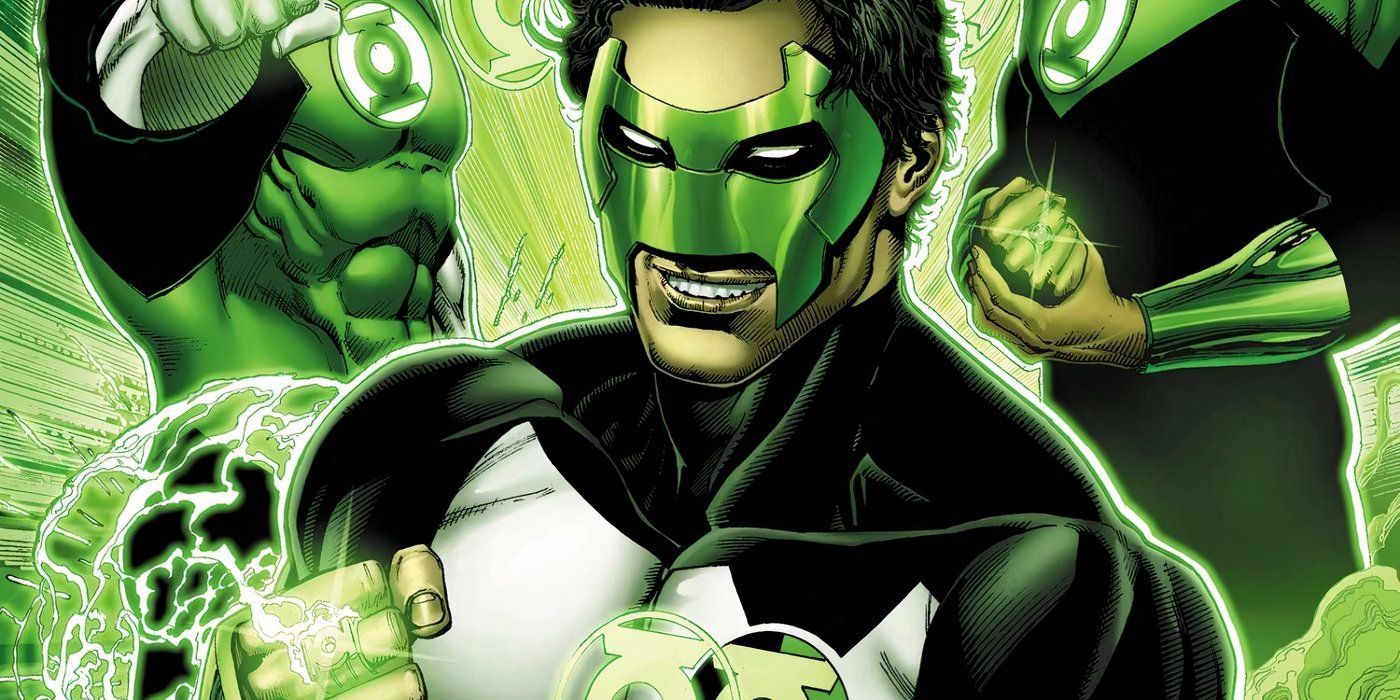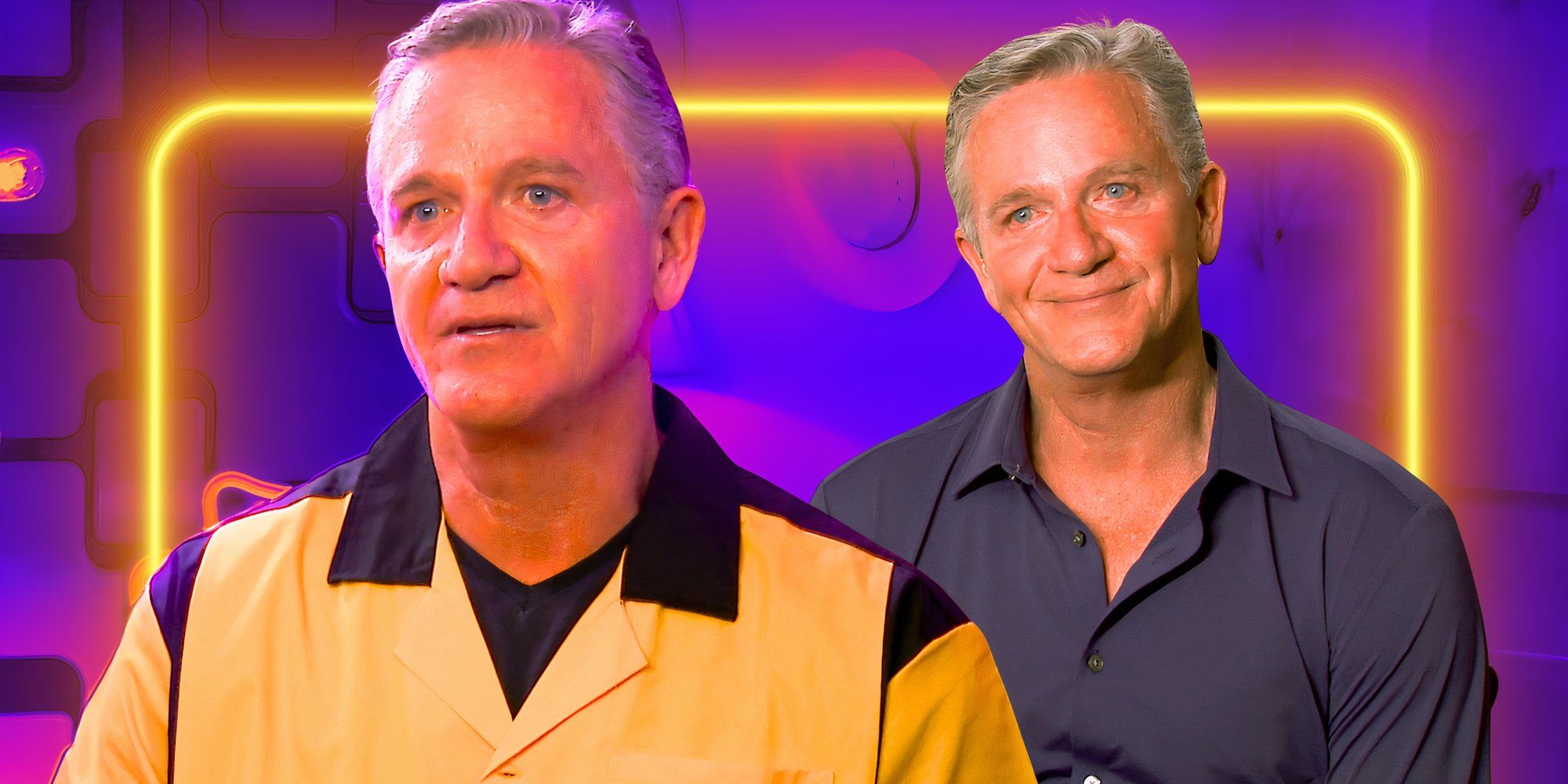[Editor’s note: This story contains spoilers for “Disclaimer” Episode 5.]
In Episode 5 of “Disclaimer,” Stephen Brigstocke’s (Kevin Kline) plan to destroy Catherine Ravenscroft (Cate Blanchett) is going almost too well. Her son Nicholas (Kodi Smit-McPhee) was so easy to bait on Instagram, and the trusted journalist’s colleagues were so quick to question her motives and professional ethics that Stephen decided to add dinner with Catherine’s husband Robert (Sacha Baron Cohen) to his master plan, seeing the opportunity to “dig the dagger deeper.”
“How delicious, predictable, and pathetic it was to witness Catherine Ravenscroft’s closest allies and admirers so eager to turn on her at the slightest chance,” narrates Stephen in his voiceover.
What Stephen — a character rooted in a different era, and who is just now re-entering the world after being in his cocoon of grief — has discovered is the modern world is well equipped with tools to bring down a person‘s reputation, which he assumes is what Catherine holds most dear. While a guest on an upcoming episode of the Filmmaker Toolkit podcast, the series writer/director Alfonso Cuarón talked about the ideas behind Episode 5.
“There’s a human tendency to make quick judgments and the satisfaction of having a strong opinion,” said Cuarón on the podcast. “But the dangerous thing now is that we don’t realize that sometimes our strong opinion is not ours, it’s one that is being carefully crafted through narratives.”
 ‘Disclaimer’ Episode 5Apple TV+
‘Disclaimer’ Episode 5Apple TV+Regardless of what the viewer assumes the truth about Catherine’s past at this point in the story, the show’s creator is clear that in Episode 5, we are meant to feel uneasy. Whatever delight we took in Stephen’s revenge plot, Cuarón intended for the audience to be uncomfortable with how quickly and cruelly those who knew her best are apt to turn on her.
“It’s a transitional kind of moment,” said Cuarón of Episode 5. “In which suddenly [we go] from the full joy of seeing, of just judging, [to] when you start feeling that maybe you’re in a more uneasy territory, that maybe you [are] second guessing.”
The thesis of the series, announced in its opening, is the power of narrative and form to manipulate an audience, and it makes its most profound statement about the traps of modern life in Episode 5. And while on the podcast, Cuarón didn’t back away from just how dire he sees modern devices ability to fuel narrative manipulation in today’s society.
“Narratives and form, remember something, authoritarian regimes, they’re incredible working with form. If you think of Nazism, half of the messaging was through all these symbolic things and the flags,” said Cuarón. “It was part of how it complemented that whole narrative, what now is called the aesthetics of authoritarianism. You know that most of them, they have always a particular aesthetic, and now we’re victims of that in every single second that we connect with any of our devices.”
 ‘Disclaimer’ Episode 5Apple TV+
‘Disclaimer’ Episode 5Apple TV+As Catherine exits her office in distress and shame, she swipes away the hand of a patronizing co-worker who puts his hands on her and ends up hitting him. The whole painful exit is captured by cell phone cameras (and up on social media the same day), and if it wasn’t clear beforehand, Catherine’s ambitious researcher Jisoo (Hoyeon) says it out loud, “You are so canceled, Catherine.” The moment plays as commentary, with a healthy dose of satire, on cancel culture, but Cuarón told IndieWire that wasn’t his specific aim.
“We didn’t want to make it about [cancel culture] because it’s not about it. I mean, it’s not at the end. This whole situation in many ways relates more [to] ‘The Scarlet Letter,’ for instance, in which a lot of people are very ready to make a judgment, but also this satisfaction of the righteousness,” said Cuarón. “Once you have that, there’s a satisfaction, there’s a moral superiority about that, and I think that’s more of the point than cancel culture by itself.”
Episode 6 of “Disclaimer” will air on Apple TV+ on November 1.
Look for IndieWire’s upcoming Toolkit episode with Alfonso Cuarón on Spotify or Apple Podcasts

 3 days ago
2
3 days ago
2





:quality(85):upscale()/2024/10/29/625/n/1922564/ec222ac66720ea653c5af3.84880814_.jpg)
:quality(85):upscale()/2024/10/25/846/n/49351082/bfc0fdb3671bef086c3703.42134063_.jpg)
:quality(85):upscale()/2021/07/06/971/n/1922153/7d765d9b60e4d6de38e888.19462749_.png)

:quality(85):upscale()/2024/10/29/957/n/1922441/c62aba6367215ab0493352.74567072_.jpg)
 English (US) ·
English (US) ·